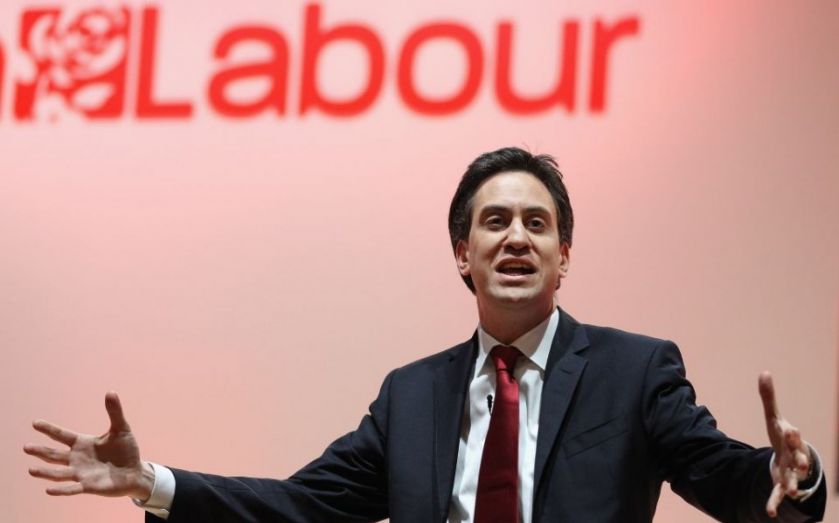As the IFS warns on UK debt, is Labour right to allow for more wiggle room on spending cuts?

Vicky Pryce is chief economic adviser at the Centre for Economics and Business Research and a former joint head of the Government Economic Service, says Yes
The IFS has argued that Labour’s spending plans, if implemented, could lead to sharply higher levels of national debt. The alternative, of course, is tougher cuts.
But because government spending accounts for some 40 per cent of GDP, cuts to its size per se will actually reduce GDP, therefore making fiscal targets harder to meet. Markets should be happy to finance rises in properly-targeted public sector capital spending. Housing construction, for example, has big multiplier effects and most of the benefit remains in the domestic economy. And ultimately, faster growth increases tax receipts and therefore cuts the deficit to GDP ratio.
In the current Parliament, total managed expenditure in nominal terms actually rose by 9 per cent between 2009-10 and 2014-15. The reality is that, whichever party leads next, meeting the deficit target will require tax increases – or at least a substantial improvement in the tax take.
Stephanie Lis works for the Institute of Economic Affairs, says No
Over the course of this Parliament, total public spending will have fallen by just 2.3 per cent – a far cry from austerity. Politicians have failed to eliminate the budget deficit, and presided over an extraordinary ballooning of the national debt.
Back in 2010, they made the mistake of discussing their spending plans in abstract terms. Explicitly outlining where savings will be made should be a priority, so the public understands the need for spending reductions. Another mistake has been the ring-fencing of areas like health. Continuing to protect the same spending areas after 2015 will make deficit reduction extremely difficult indeed. Increasing NHS spending while leaving other big ticket items like the state pension untouched will make it almost impossible to balance the books.
Politicians, whatever their party, need to start being honest about the very significant spending restraint that will be required in the next parliament – and where it’s going to come from.